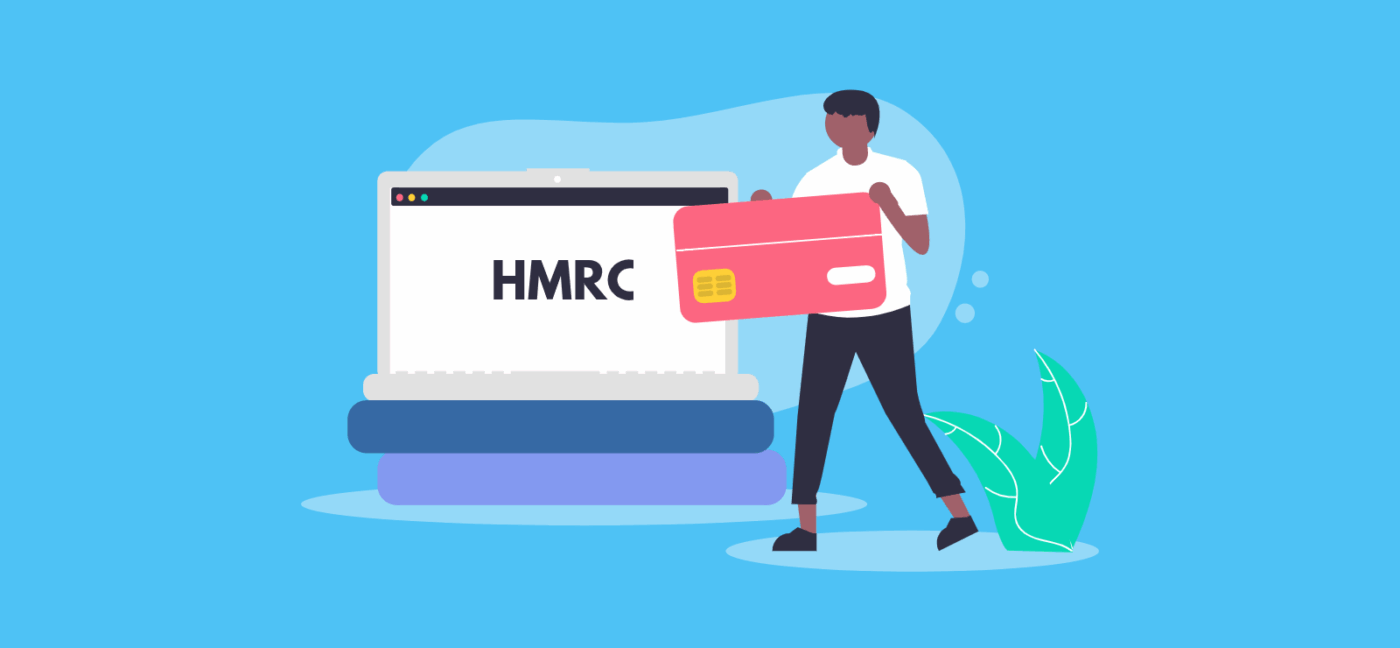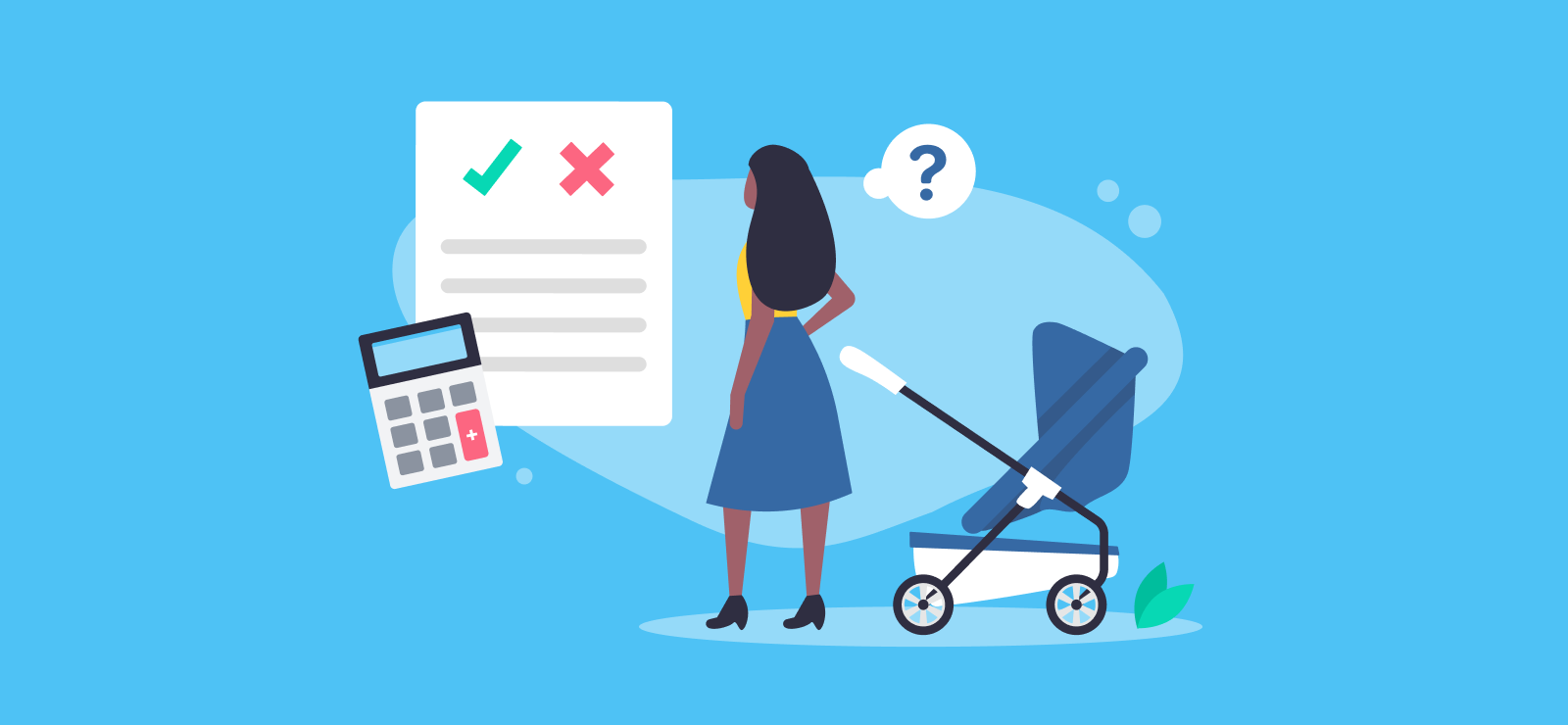

Can I Pay My Tax Bill Early?
You don’t need us to tell you the importance of paying your tax bills on time. What you may be looking for though, is whether you can pay your tax bills earlier than the standard deadlines.
In this article, we dive into the pros and cons of paying Corporation Tax and Income Tax sooner rather than later, exploring the benefits of doing so, and some important factors to consider.
Paying your Corporation Tax bill
The amount of Corporation Tax that a business owes is calculated when the business submits its Company Tax Return to HMRC.
Who pays Corporation Tax and when?
Corporation Tax is paid by limited companies trading in the UK. It also applies to any foreign businesses that have a branch office in the UK.
- A foreign business will only need to pay Corporation Tax on profits it makes through its UK arm
- Businesses based in the UK, on the other hand, must pay tax on all their profits – both UK and worldwide
To work out how much Corporation Tax it owes, the business must calculate its profit and loss figures, and report this information on its Company Tax Return. Any business which receives a ‘notice to deliver a Company Tax Return’ from HMRC must submit one.
- The submission deadline for a Company Tax Return is 12 months after the end of the accounting period which it relates to
- The payment deadline for Corporation Tax is 9 months and one day after the end of the accounting period
The company won’t pay Corporation Tax if it makes a loss or isn’t trading, but you will need to submit a Company Tax Return to HMRC anyway. Otherwise, they won’t know what’s going on, and you may receive a penalty!
Should I pay my Corporation Tax bill early?
Although limited companies have 9 months and one day after the close of the accounting period to settle their Corporation Tax bill, there are some benefits to doing it early. But, like every business decision you face, there are potential drawbacks, too.
The pros of paying Corporation Tax early
The overriding benefit of paying early is to receive credit interest – something which HMRC offer on advance Corporation Tax bill payments. The current rate of credit interest is 0.5%.
HMRC will pay this interest from whenever you pay your bill, up to the standard payment deadline (9 months and one day after the end of the accounting period). They’ll only start paying credit interest from six months and 13 days after the start of the accounting period it relates to though.
Another more general reason for companies paying their tax bill early is simply to get it out the way, and avoid any penalties. However, there are also some things to consider if you do plan to settle your bill early.
The downsides of paying Corporation Tax early
The main factor to take into consideration if you do plan on paying your Corporation Tax bill ahead of time is how this will impact your cash flow. Once you dedicate the cash to paying your tax bill, it’s no longer available for use in other parts of the business.
That’s why it’s so important to pick your timing carefully. With 9 months and one day to pay what you owe, make sure you aren’t leaving yourself short within that period.
If you’re not sure, take a look at your cash flow forecast (yes, we love financial reports!) or ask your accountant. They’ll be able to advise whether paying your Corporation Tax early is a wise move.
It’s also worth noting that while businesses are eligible to receive credit interest if they pay their tax bill early, this interest counts as income and is therefore subject to tax! You’ll need to record it as such on your company accounts.
Paying your Self Assessment income tax bill
If you earn some form of income as a UK taxpayer, it’s likely that you’ll need to pay income tax on it at some point. The income that you receive might be from wages or self-employment, but other forms of income are also subject to income tax. For instance:
- Some benefits (including some employment benefits)
- Some types of grants
- Most pensions
- Rental income – for example if you’re a landlord
- Untaxed income over £2,500 (e.g., tips)
Income tax allowances
The good news is that there are several tax allowances available that can help reduce the amount of tax that you pay.
- Personal Allowance: You won’t pay tax on the first £12,570 of your earnings in a tax year
- Trading Allowance: You won’t need to pay tax (or even tell HMRC about it) if your income from self-employment is less than £1,000
- Dividend Allowance: In 2024/25 and 2025/26 the dividend allowance is £500.
The really good news is that you can use more than one of these allowances in the same year. For instance, you could earn £12,570 in wages and receive a £500 dividend payment, and not pay tax on either.
How much income tax will I pay?
Income tax is paid on the basis of taxable income brackets. This means that you’ll pay tax at one rate for any income you earn within one bracket, and then at a different rate for income you earn in the next bracket.
Earning more than the threshold for the next tax bracket doesn’t mean you’ll pay that rate for all your income – only on the portion which is above the threshold. Our article about tax rates goes into more detail about tax thresholds and rates.
How do I pay income tax?
Most people pay income tax through their employer, who deducts it from their wages and pays it on the HMRC. For most other types of income, you’ll need to submit a Self Assessment tax return.
The deadline to submit your Self Assessment return is:
- 31st October if you submit a paper form through the post
- 31st January for online returns
For example, a sole trader filing a paper Self Assessment Return must do so by 31st October 2025 for the 2024/25 tax year and pay any tax they owe by 31st January 2026. If they file their return online, they must do so by 31st January 2026.
There is also an additional payment deadline of 31st July if somebody is making advance payments towards their income tax bill (known as payments on account).
You can check HMRC have received your payments by signing into your online account.
The pros and cons of paying your income tax bill early
You can normally submit your Self Assessment tax return as soon as the tax year it relates to ends, and there are positives and negatives to doing so.
The benefits of paying your income tax bill early
- You can avoid the dreaded late payment penalty. The most obvious benefit to paying any tax bill early is that you can be sure to dodge any fines from HMRC.
- You won’t be tempted to spend the money. Settle your tax bill ahead of time, and you won’t spend the money on anything else pre-deadline.
- More time for questions. As the deadline approaches, HMRC are notoriously busy. So, if you think you might need some support from HMRC, it pays to catch them at a much quieter time.
- You’ll receive any tax refunds sooner. If you’ve overpaid tax during the year, you’ll get your refund sooner if you file earlier.
- You won’t start the new calendar year with a hefty bill. Leaving your tax bill payment until the January 31st deadline means you’ll have it looming over you after the festive period. For that simple reason, some individuals prefer to get it out of the way beforehand.
The disadvantages of paying income tax early
When it comes to paying your income tax bill, there aren’t many cons to ticking it off your to-do list early. However, here are a few things you might wish to consider:
- Don’t rush! Once you read the benefits, it can be tempting to get your tax return and bill sorted as soon as possible. That said, it’s crucial not to rush the process as you could make unnecessary mistakes and miss potential tax relief opportunities.
- Consult your cash flow first. If you’re planning on tying up cash with an early payment, it’s essential to make sure that you can afford it. If there’s something that needs investment more urgently before the payment deadline, you might need to revisit your priorities.
Tax can be complex – that’s why it’s so helpful to chat with someone who knows their stuff. Find out more about our online accounting services for businesses by calling 020 3355 4047 or get an instant quote online.
Want to learn more?
Subscribe to our newsletter to get accounting tips like this right to your inbox

Read more posts...

The Accountancy Partnership – Our Positive Reviews
16th February 2026We’re proud of our customers’ reviews here at The Accountancy Partnership The reviews we receive from our customers show how hard we…
Read More
Maternity Pay for Self-Employed People
15th February 2026As a self-employed person you might be eligible to get Maternity Allowance payments for up to 39 weeks. It’s different to Statutory…
Read More
National Insurance for the Self-Employed
14th February 2026If you work for your own self-employed business, then you may need to pay National Insurance on the profits that you earn….
Read MoreConfirm Transactions
The number of monthly transactions you have entered based on your turnover seem high. A transaction is one bookkeeping entry such as a sale, purchase, payment or receipt. Are you sure this is correct?
Please contact our sales team if you’re unsure
VAT Returns
It is unlikely you will need this service, unless you are voluntarily registered for VAT.
Are you sure this is correct?
Call us on 020 3355 4047 if you’re not sure.
MTD IT Quarterly Updates
Your final, end of year MTD Income Tax submission is included in your fee.
You can submit the quarterly updates yourself using Pandle, or alternative bookkeeping software (which we recommend).
However, if you would prefer us to submit these updates, there is an additional fee of £35.00 per month.
Call us on 020 3355 4047 if you’re not sure.
Bookkeeping
You will receive our bookkeeping software Pandle for free, as part of your package.
You can use this to complete your own bookkeeping, or we can provide a quote to complete your bookkeeping for you.
Please select and option below:
Call us on 020 3355 4047 if you’re not sure.


Great info you have shared here. Thanks for sharing this interesting content with us.